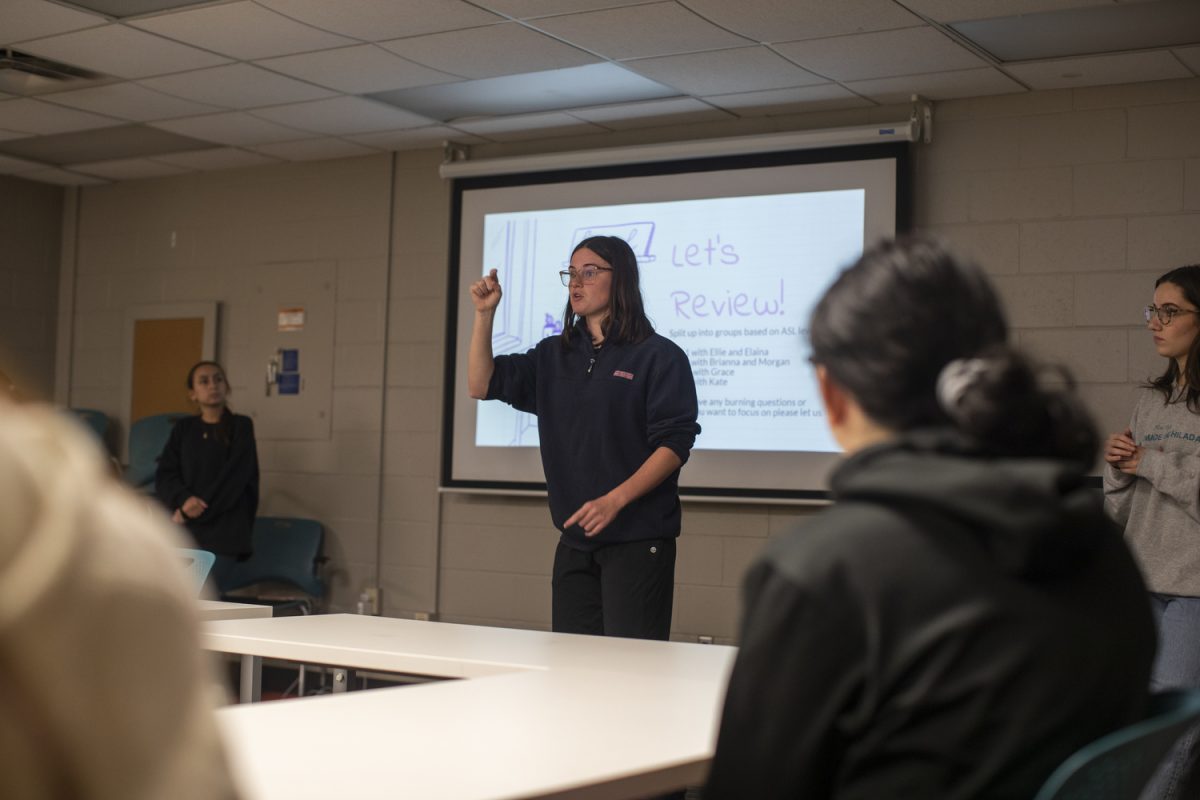Side by side at some points, bars pack the downtown area.
And the Iowa City Planning and Zoning Commission will soon hear from a pair of experts on how that arrangement relates to what some describe as a local overconsumption problem.
The discussion, which will come at the commission’s next meeting, is in response to a proposal that would prevent the establishment of new drinking establishments — those that primarily sell food and alcohol and are open past midnight — within 500 feet of a similar business. Liquor stores downtown would need to be 1,000 feet apart. This would essentially shut downtown off to any new bars.
But Iowa City Associate Planner Karen Howard said the commission deferred passing the proposal last week to hear from experts.
UI Provost Wallace Loh said although the professionals — Professor Emeritus Peter Nathan and Associate Director of Health Iowa Sarah Hansen — both work for the UI and are part of the Alcohol Steering Committee, they will appear as individual experts.
“Both of them will present research data to the Planning and Zoning Commission at its next meeting,” Loh said.
A recent market study conducted by the city indicated the abundance of bars downtown is preventing a balance in the type of businesses in the area, Howard said.
A variety of businesses downtown would create a demand for diverse groups of people who support the area, she said, and the city would benefit in the long-run.
“So the concentration of drinking establishments downtown is the source of the problem,” Howard said. “This won’t solve the problem on its own, but it will help.”
Loh said the decision to implement the proposal would not only be based on the issue of overconsumption. The downtown community’s character and economic development will also be part of the decision.
“There are many other factors that will affect the university, but the university is not directly involved in those decisions,” he said. “That’s why we don’t offer our opinion. We are just trying to provide whatever scientific information we have.”
The UI partnered with the city to develop its recently enacted steering committee called “Partnership for Alcohol Safety.” The group includes students, local business owners, community organizations, and city and UI officials.
Formed roughly two months ago, Loh said, the goal of the committee is not to encourage alcohol abstinence or implement a 21-only ordinance. Instead, he said, the committee’s goal is to promote alcohol safety.
Some students said they had mixed feelings about the 500-foot proposal.
UI junior Bill Solano said that although the ordinance would allow other non-bar businesses to open, he still thought the idea was “stupid.”
“The bars bring in a lot of the revenue for downtown,” the Arlington Heights, Ill., native said. “It would be good for coffee shops and other stores, but a bar is a bigger business than a coffee shop.”
DI reporter Jennifer Delgado contributed to this report.






